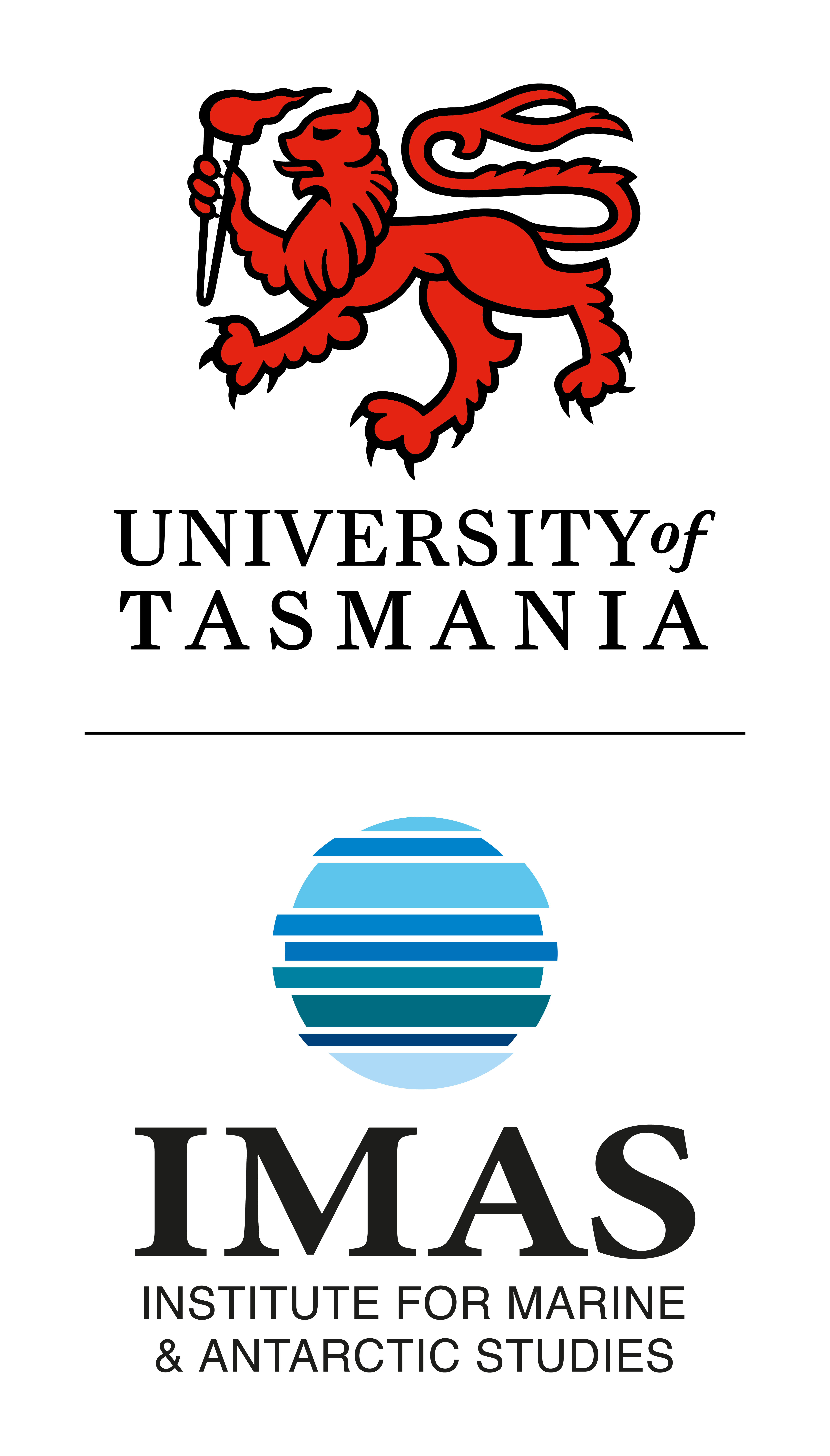Snook
pinungana (Fish)
In palawa kani, the language of Tasmanian Aborigines, with thanks to the Tasmanian Aboriginal Centre.
Sphyraena novaehollandiae (Snook)

2021/22 Snook Status (Released March 24)
| Stock Status | SUSTAINABLE | ||
| Summary | Recorded catches of Snook are at low levels, presumably because low market demand means that the species is not actively targeted. Biological analyses indicate that the current level of fishing mortality is unlikely to cause the stock to become recruitment impaired. | ||
| Importance | Minor | ||
| Stock | Tasmanian Scalefish Fishery | ||
| Indicator(s) | Catch, effort and CPUE trends | ||
| Managing Jurisdiction | State (Tasmania) | ||
Background
Snook inhabits shallow coastal and surface (≤ 20 m) offshore waters, often occurring in large schools. This species is mainly targeted using troll and small mesh net gear but is also a by-product of beach seining and gillnetting. Snook is not an important recreational target species in Tasmania; however, landings do occur. Another species of ‘Pike’, Dinolestes lewini (Longfin Pike) is also caught in Tasmanian waters, but the vast majority of ‘Pike’ catches are likely to be Snook.
The full 2021/22 Scalefish Assessment, released March 2024, can be found at the link:
Learn more about what each stock status classification means on our Stock Status Classifications Information Page:




Social and Economic Indicators